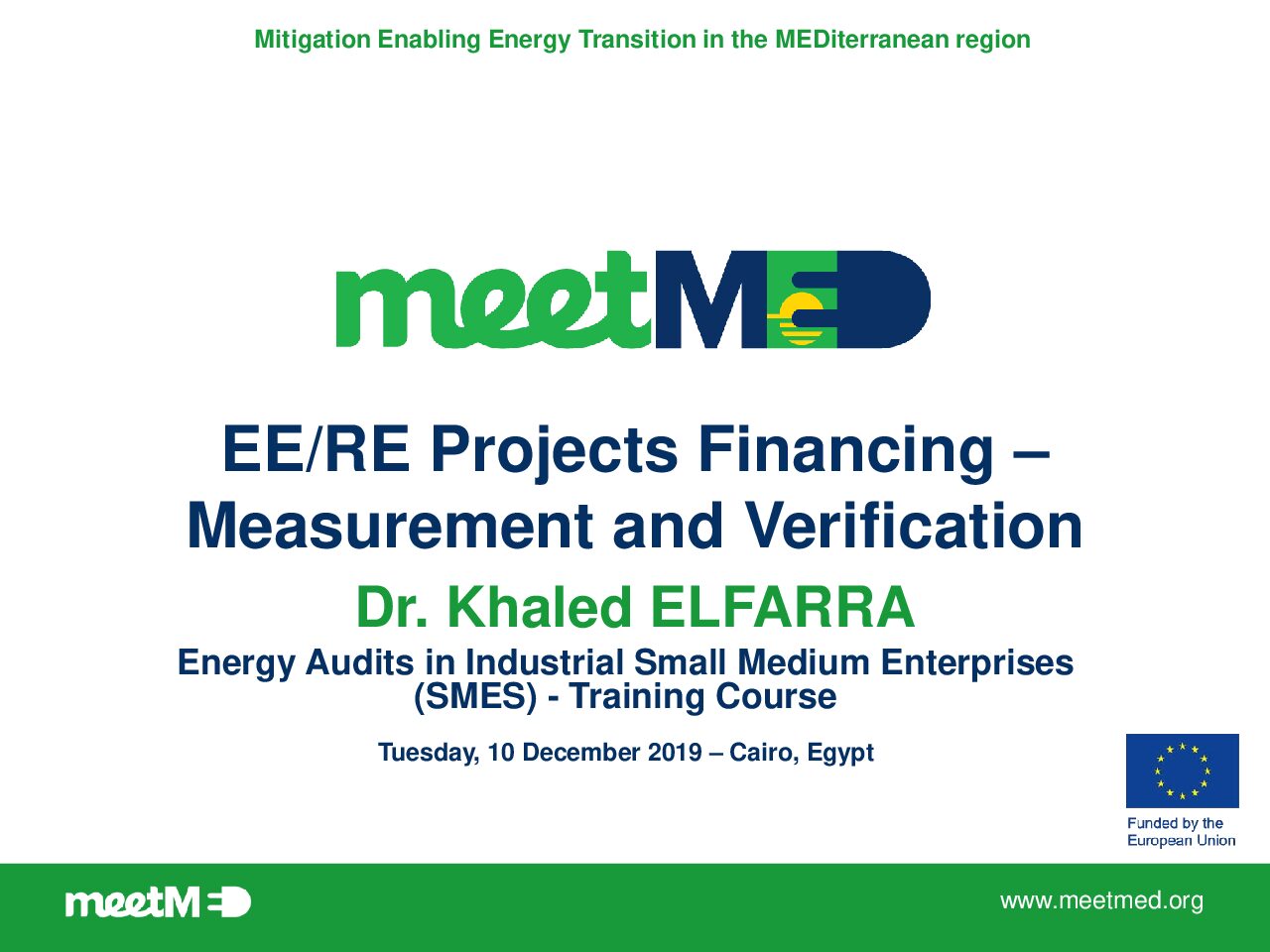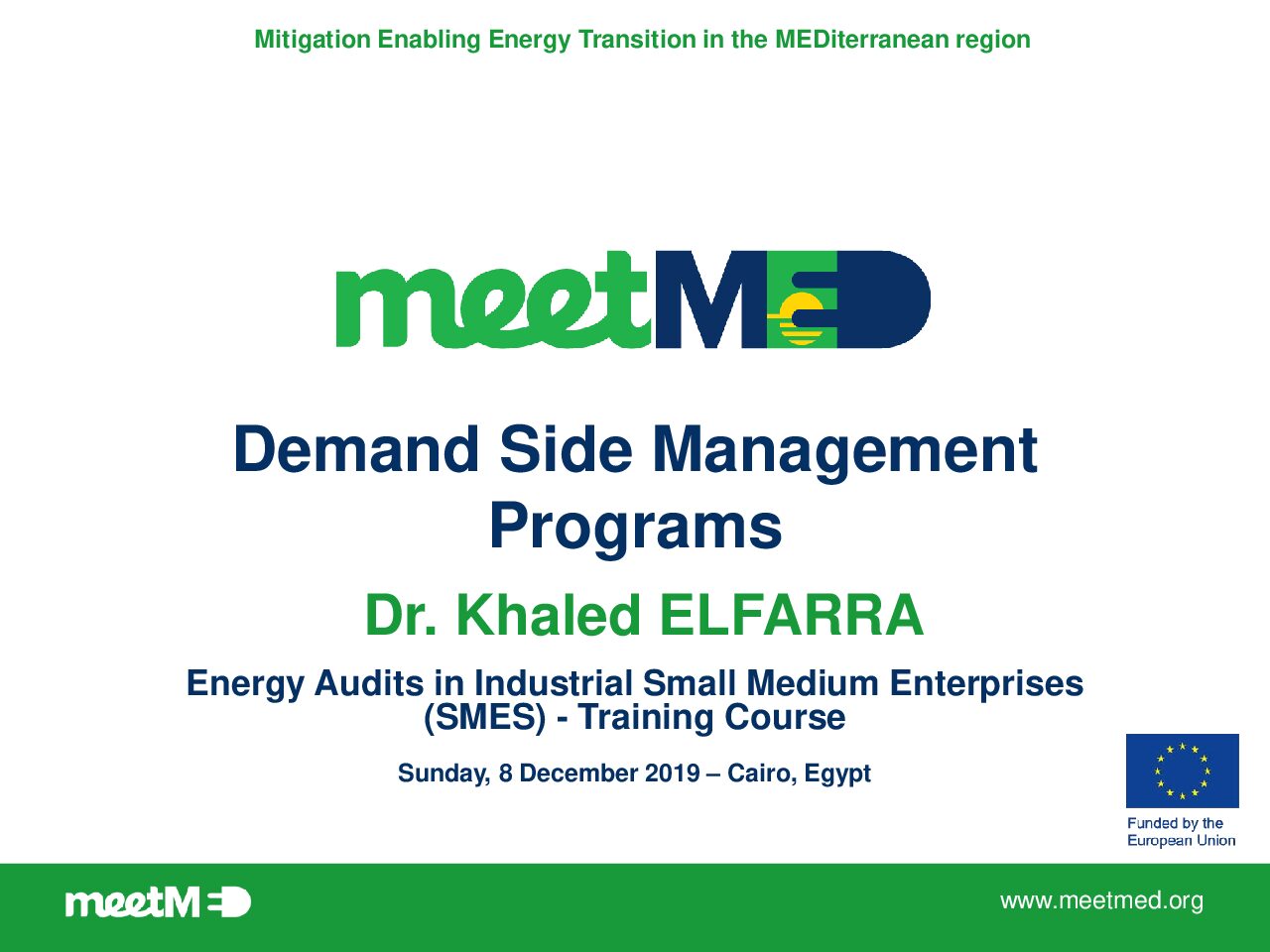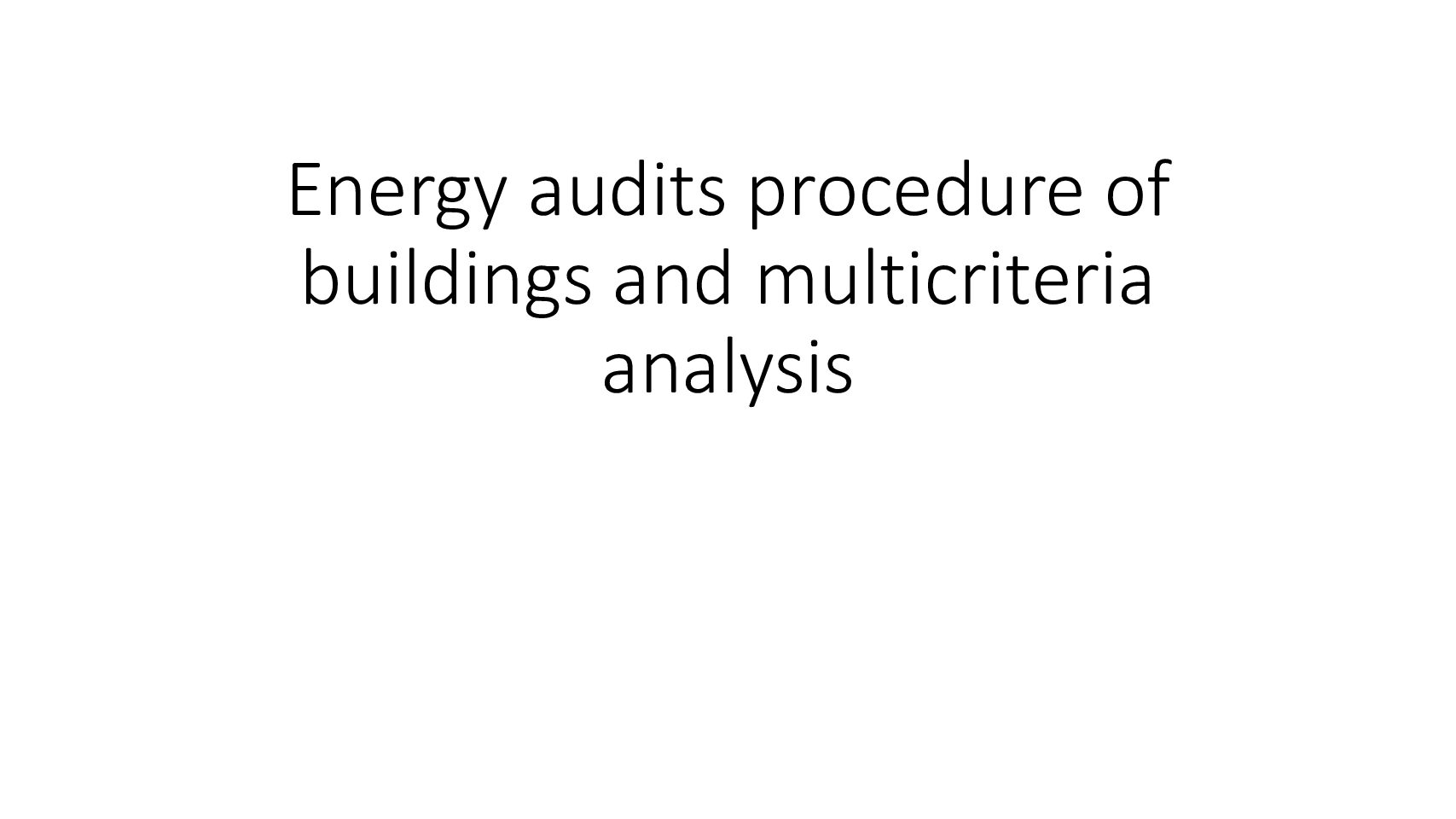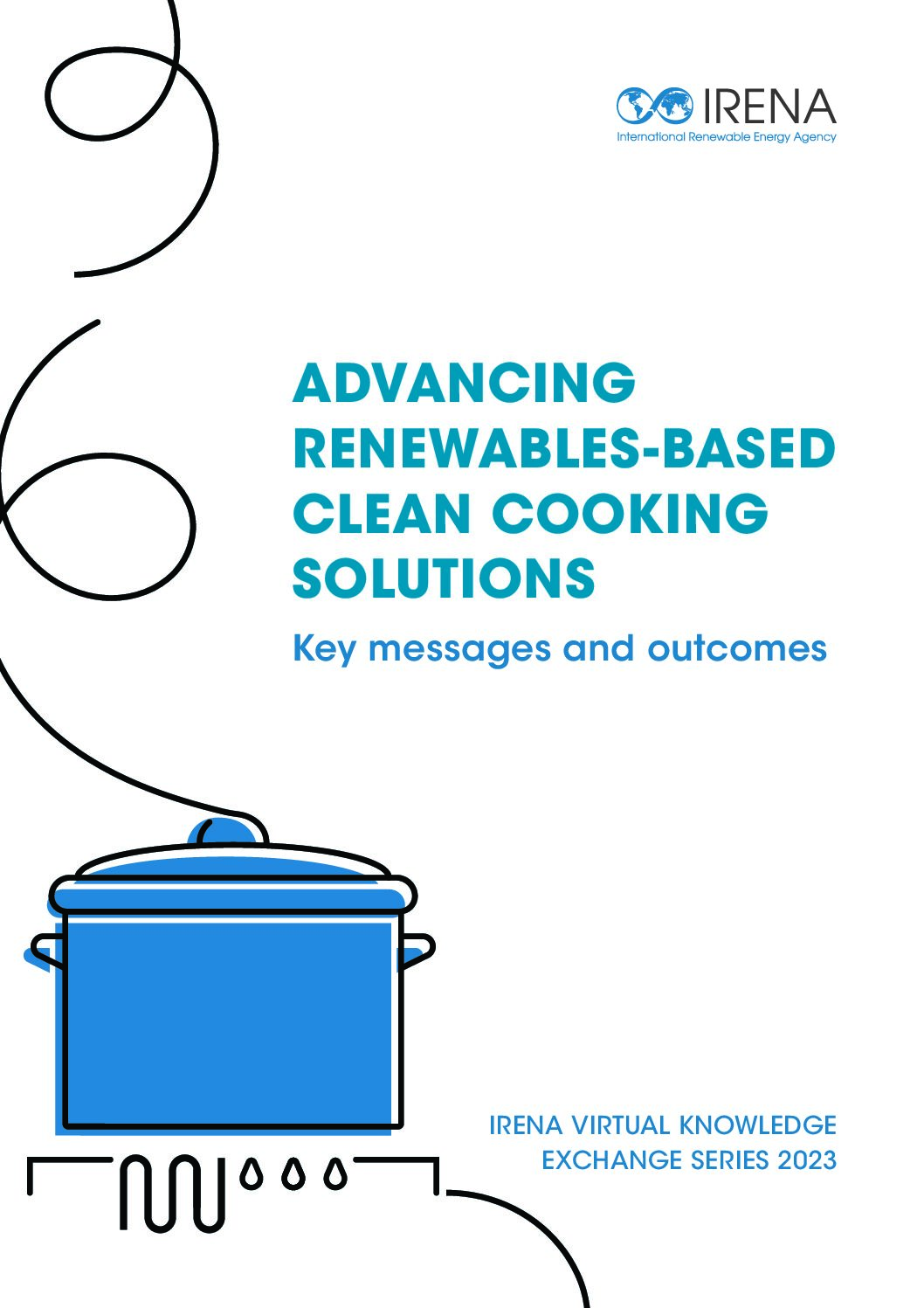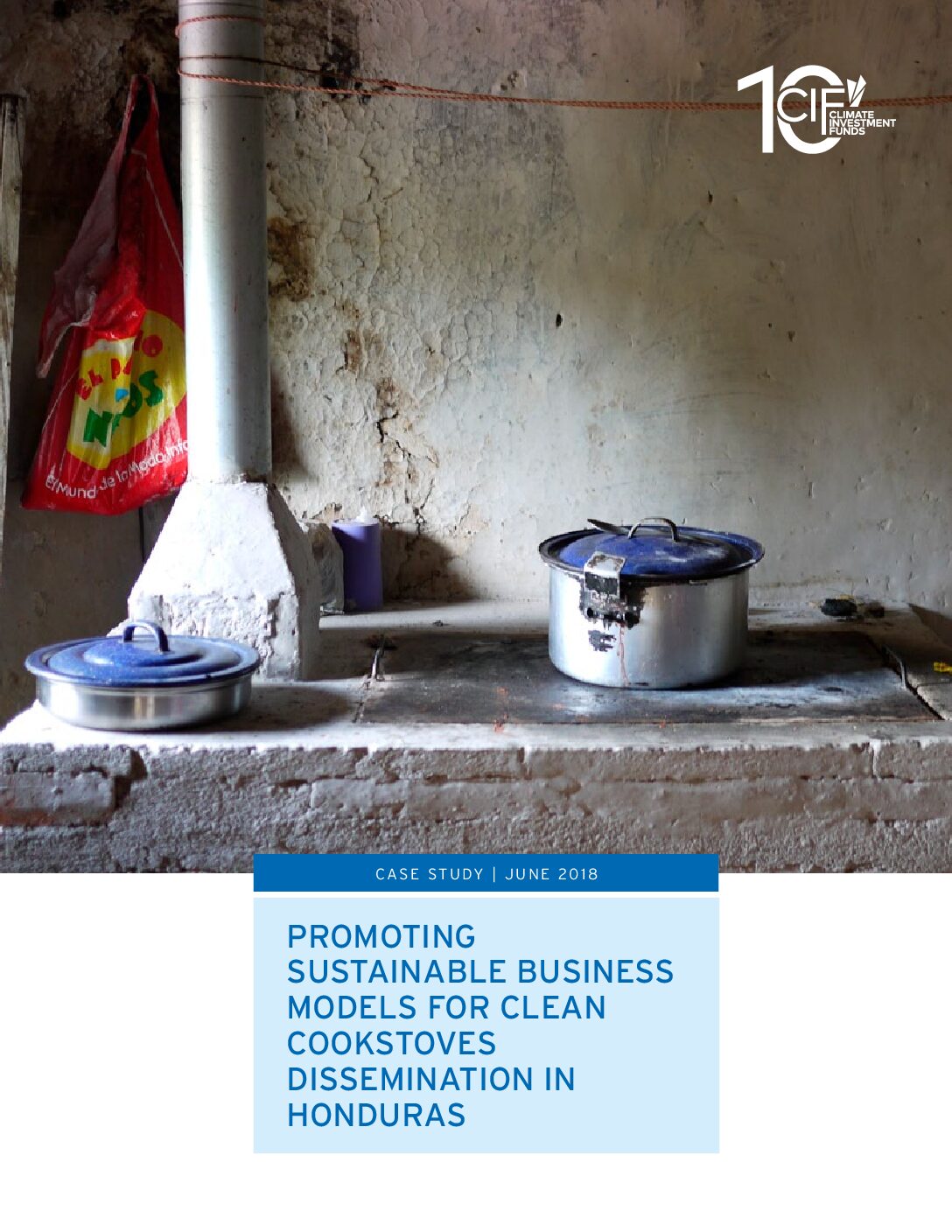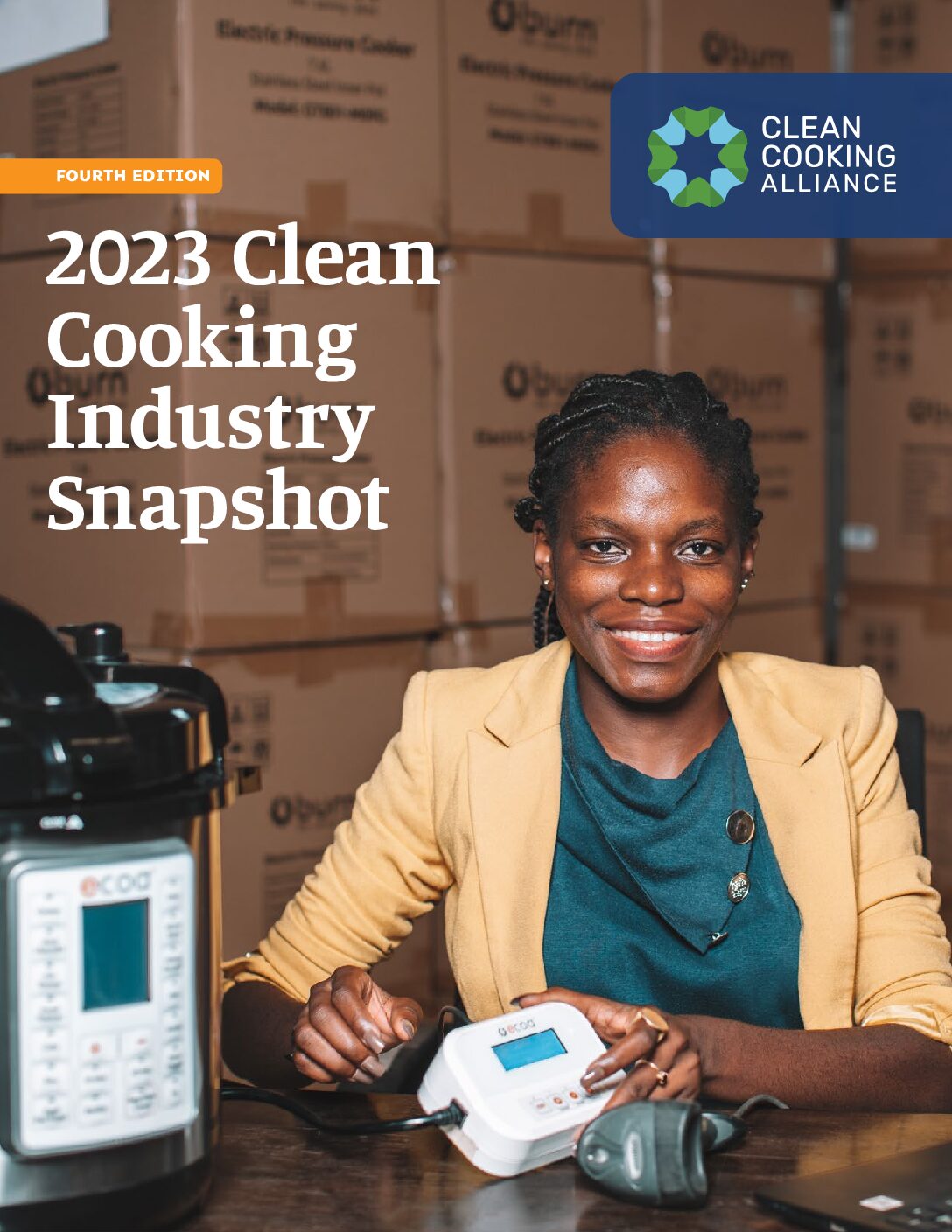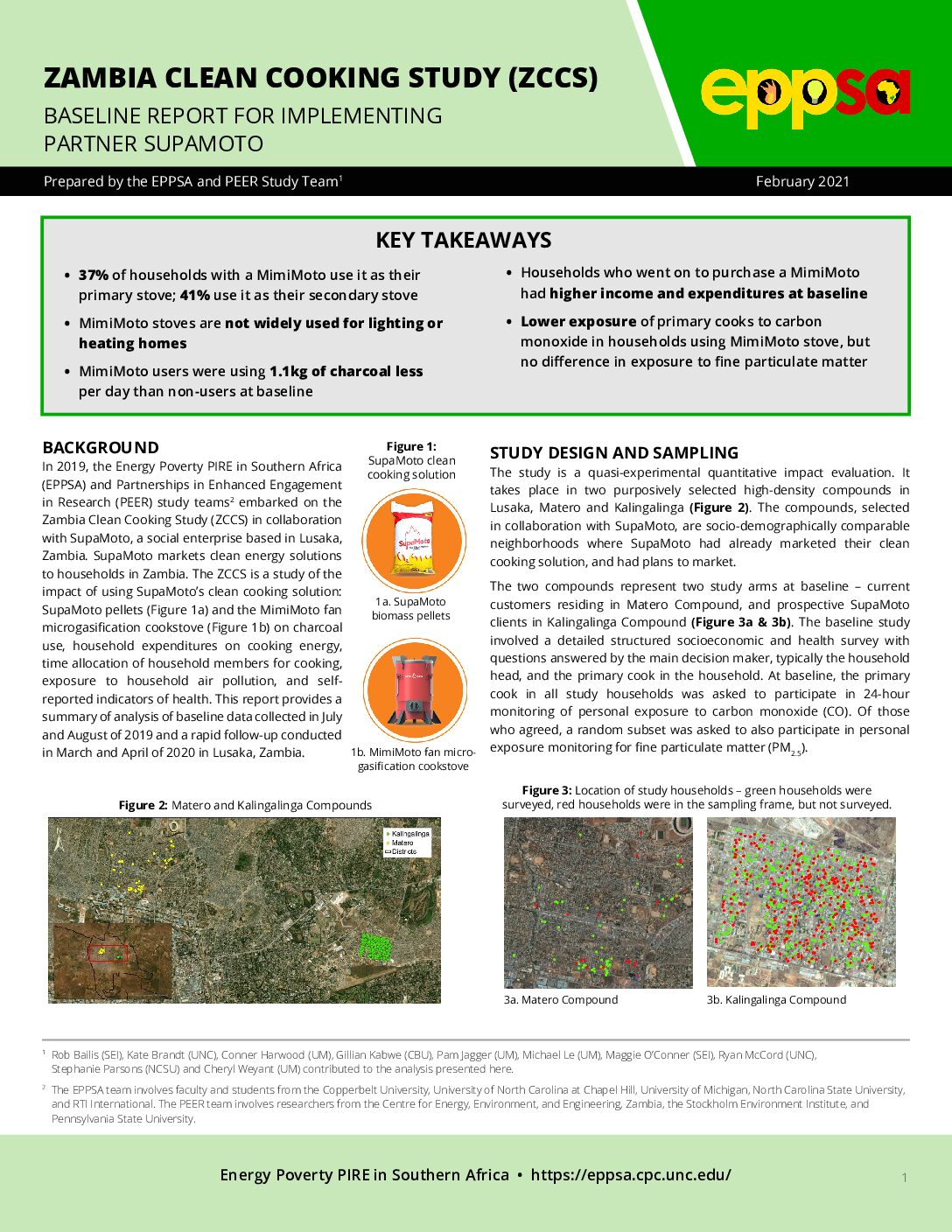This is the slide deck for the ninth module of an online course about energy audits for small- and medium-sized enterprises.
This is the slide deck for the tenth module of an online course about energy audits for small- and medium-sized enterprises.
This paper models the impact on climate and emissions of Tanzania’s clean cooking targets.
This slide deck provides step-by-step instructions for energy audits of buildings.
This article assesses the opportunities provided by digital monitoring, reporting and verification (dMRV), which can facilitate real-time tracking of the use and fuel sales from clean cooking products, thereby increasing the integrity of emissions reduction claims.
This brief offers a summary of experiences, challenges and opportunities in the renewables-based clean cooking sector, and describes the actions needed to scale up adoption.
This case study describes how the PROFOGONES project managed to establish the foundations of a sustainable, demand-driven cookstove market in Honduras.
The report aims to inform prospective and current financiers of the clean cooking sector, as well as enterprises both in the sector and adjacent to it, of investment and operational trends and the significant impact that carbon revenue is having on the sector.
The SESA Toolbox gathers step-by-step guides, videos and other materials to help stakeholders find, fund and implement solutions for a cleaner, more efficient energy future.
This study presents baseline data on the clean cooking situation in Zambia and describes the achievements thus far of clean cookstoves provider Supamoto.

